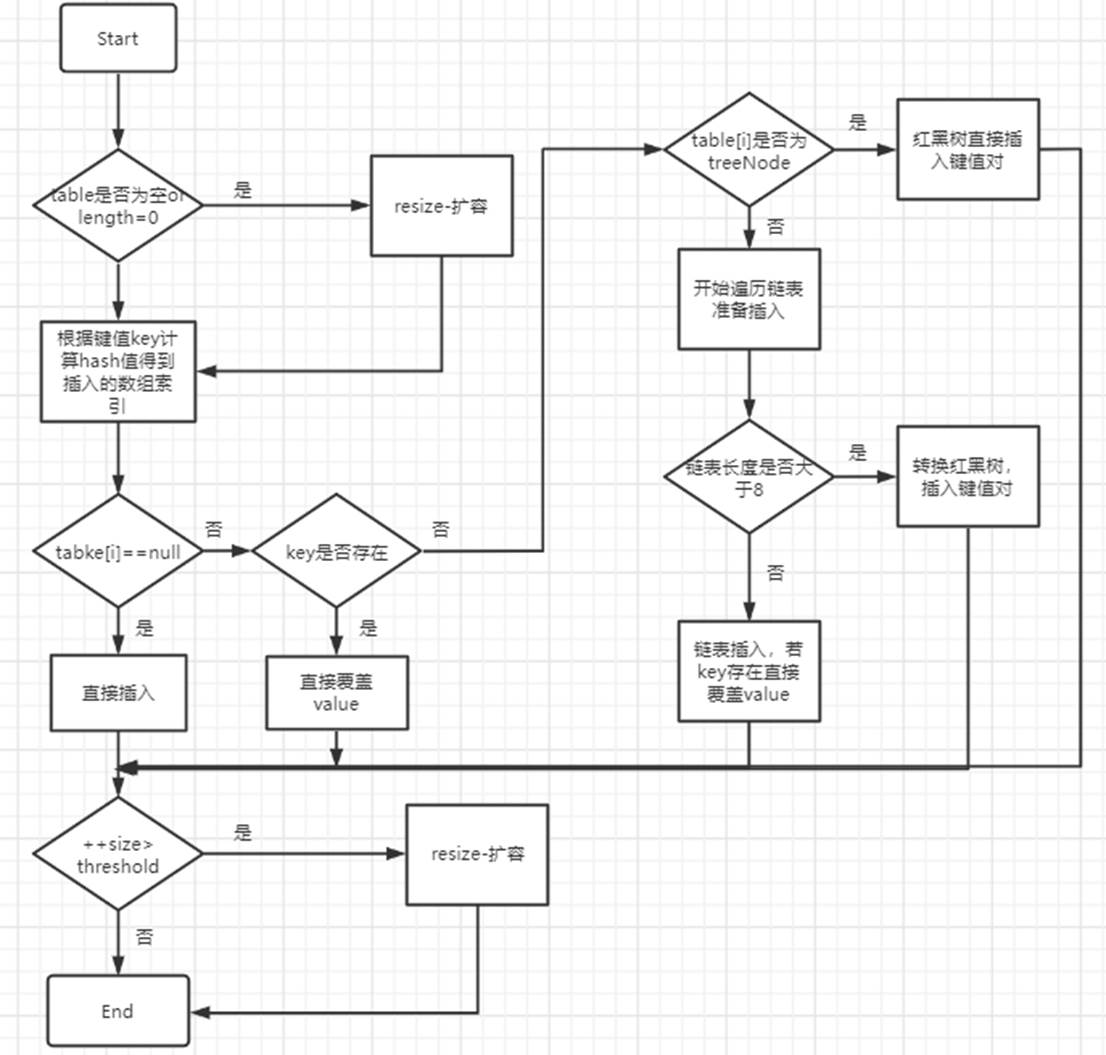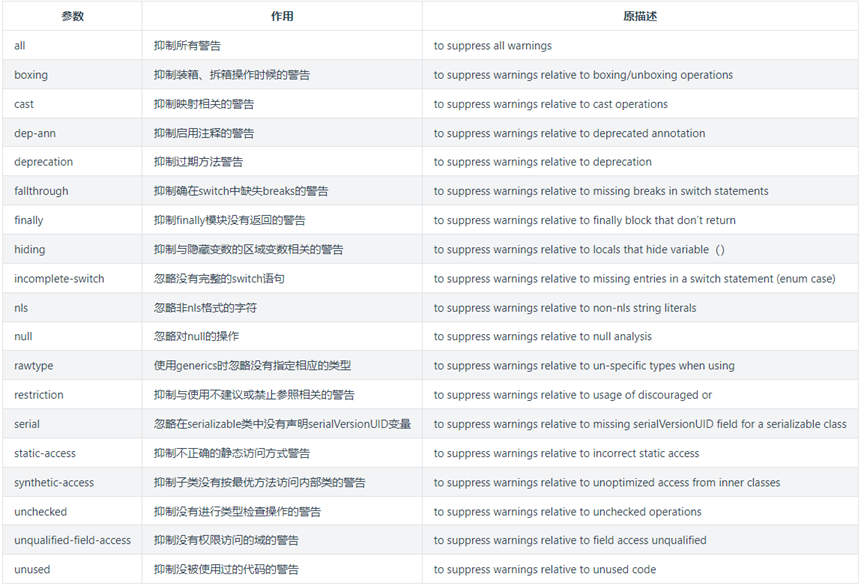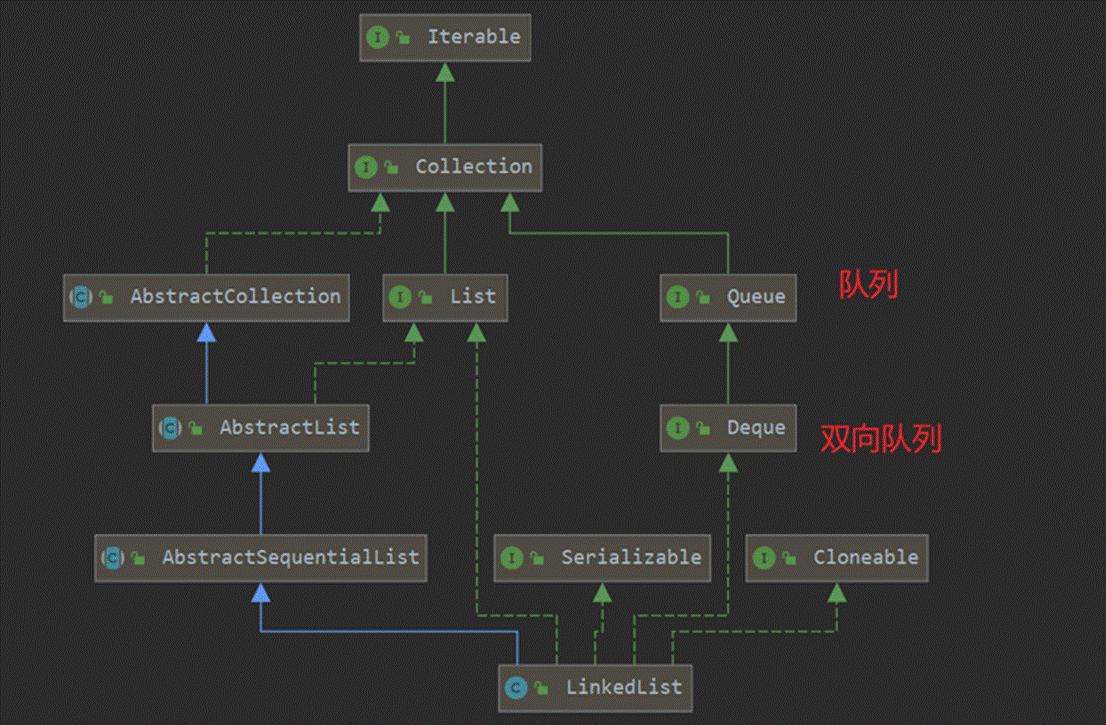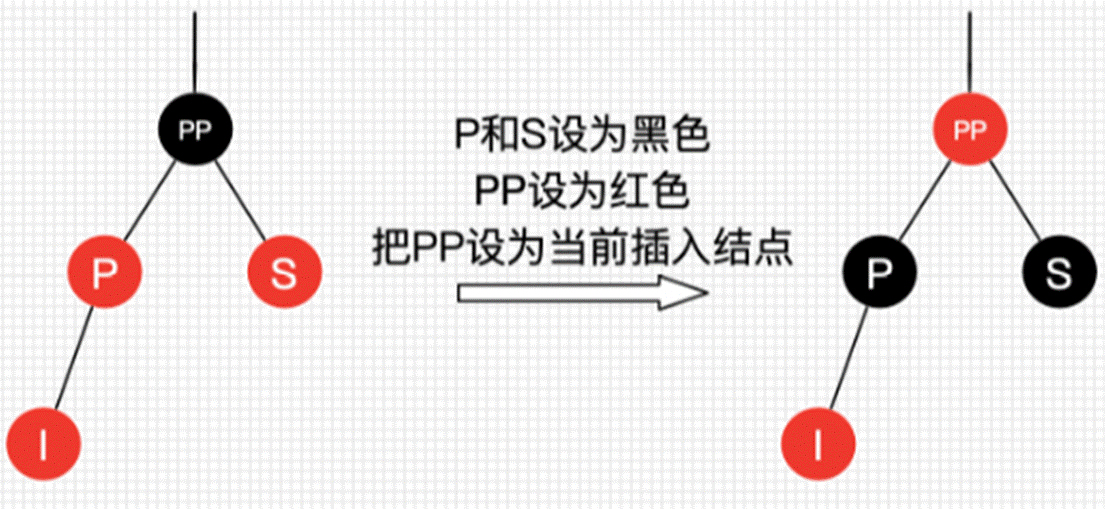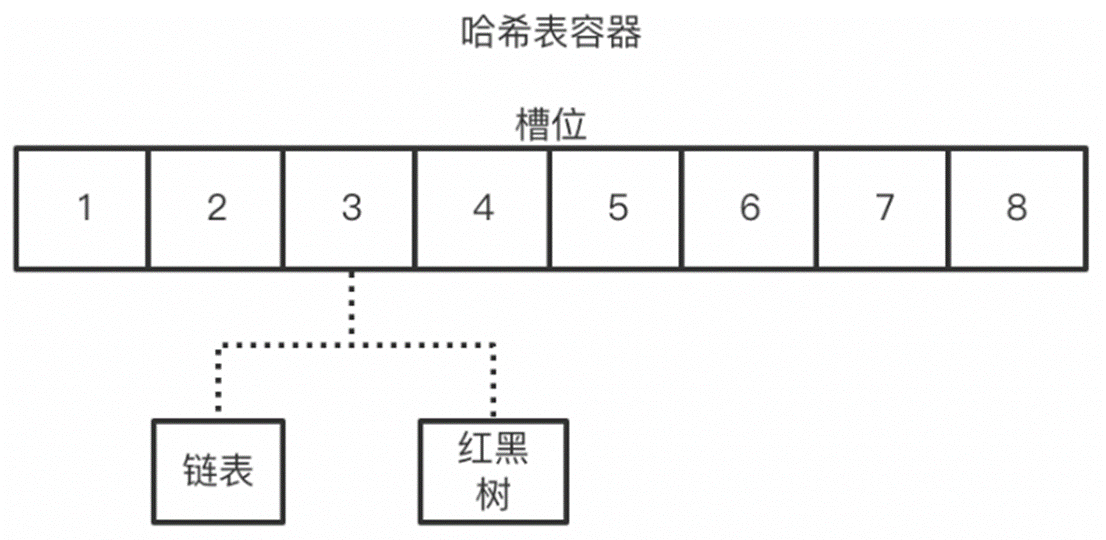这篇文章主要讲解了“java如何使用ParameterizedType实现泛型”,文中的讲解内容简单清晰,易于学习与理解,下面请大家跟着小编的思路慢慢深入,一起来研究和学习“java如何使用ParameterizedType实现泛型”吧!
1、过程
(1)测试属性类型
(2)打印type与generic type的区别
(3)测试参数类型
(4)测试返回值类型
2、实例
public class Client {
private Map<String, Object> objectMap;
public void test(Map<String, User> map, String string) {
}
public Map<User, Bean> test() {
return null;
}
/**
* 测试属性类型
*
* @throws NoSuchFieldException
*/
@Test
public void testFieldType() throws NoSuchFieldException {
Field field = Client.class.getDeclaredField("objectMap");
Type gType = field.getGenericType();
// 打印type与generic type的区别
System.out.println(field.getType());
System.out.println(gType);
System.out.println("**************");
if (gType instanceof ParameterizedType) {
ParameterizedType pType = (ParameterizedType) gType;
Type[] types = pType.getActualTypeArguments();
for (Type type : types) {
System.out.println(type.toString());
}
}
}
/**
* 测试参数类型
*
* @throws NoSuchMethodException
*/
@Test
public void testParamType() throws NoSuchMethodException {
Method testMethod = Client.class.getmethod("test", Map.class, String.class);
Type[] parameterTypes = testMethod.getGenericParameterTypes();
for (Type type : parameterTypes) {
System.out.println("type -> " + type);
if (type instanceof ParameterizedType) {
Type[] actualTypes = ((ParameterizedType) type).getActualTypeArguments();
for (Type actualType : actualTypes) {
System.out.println("\tactual type -> " + actualType);
}
}
}
}
/**
* 测试返回值类型
*
* @throws NoSuchMethodException
*/
@Test
public void testReturnType() throws NoSuchMethodException {
Method testMethod = Client.class.getmethod("test");
Type returnType = testMethod.getGenericReturnType();
System.out.println("return type -> " + returnType);
if (returnType instanceof ParameterizedType) {
Type[] actualTypes = ((ParameterizedType) returnType).getActualTypeArguments();
for (Type actualType : actualTypes) {
System.out.println("\tactual type -> " + actualType);
}
}
}
}
感谢各位的阅读,以上就是“java如何使用ParameterizedType实现泛型”的内容了,经过本文的学习后,相信大家对java如何使用ParameterizedType实现泛型这一问题有了更深刻的体会,具体使用情况还需要大家实践验证。这里是编程之家,小编将为大家推送更多相关知识点的文章,欢迎关注!

